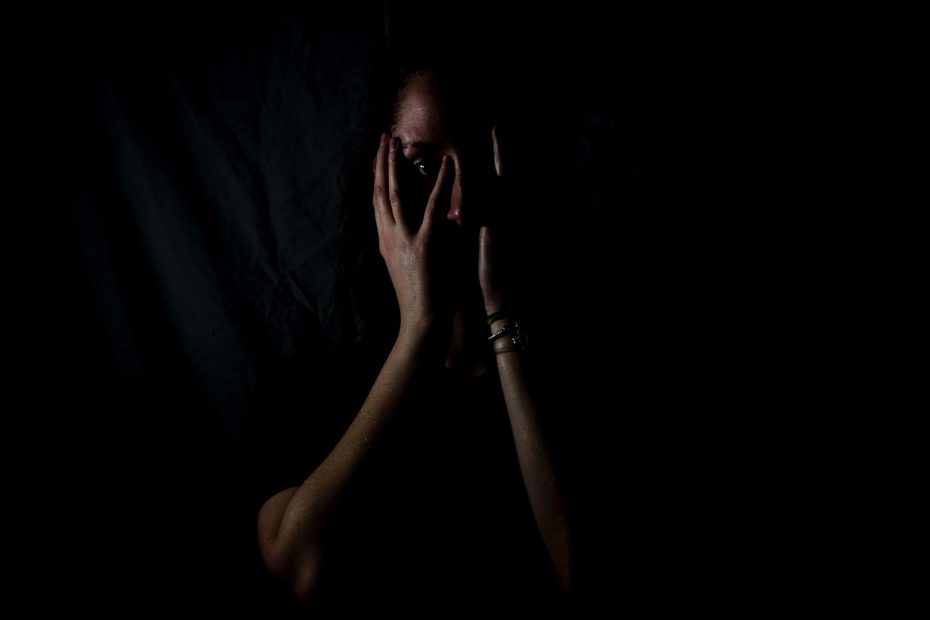Youth Advocates play an incredibly important role in reaching young people in rural communities; during normal times, but especially now during the pandemic. They provide their peers with essential information, connect them to local service providers if possible, and collect stories and data to share with civil society organizations and government institutions.
Purity Nthiana, a Youth Advocate with NAYA Kenya, spoke to Zawadi, who lives in a settlement in Meru County, Kenya, about the struggles she is experiencing in her daily life as a result of COVID-19.
WHAT IS YOUR DAY-TO-DAY EXPERIENCE BEING AT HOME RIGHT NOW?
“Since my dad is a casual labourer we wake up early to go pick tea to get money to at least buy us some sanitary towels and other personal needs. Sometimes my mother encourages me to study and tells my dad not to send me to pick tea to rest a bit.”
BETWEEN HOME AND SCHOOL WHICH IS THE MOST COMFORTABLE PLACE?
“School is the most comfortable place. I get to interact with my peers, we share information without worry. I miss school. I feel anxious because I don’t know how long the pandemic will last. I just want to get out of here and go back to school soon.”
“My mum most of the time is violated by my dad and I remember some days we even sleep hungry because of his drunkenness. This gives me a lot of stress because my mum suffers from high blood pressure. I’m worried he might even kill her. Sometimes he’s so angry that we are at home and he has to take out that anger of my mother. Thinking about leaving is impossible because of the lockdown. We can’t run away to our relatives. “
ARE YOU EXPERIENCING ANY OTHER BIG CHALLENGES?
“I experience challenges such as access to sanitary towels. My relative who used to help me has no job right now, so that’s a major problem.”
Unfortunately, Zawadi’s story is not an exception. Community organizations in Kenya, as well as major international institutions like UNFPA and WHO, are seeing signs of a surge in violence against women and girls, with increased reports to domestic violence hotlines, crisis centers, and justice officials. UNFPA in its report of April 28 foresees that the pandemic could contribute to even more violence as lockdowns keep women inside with their abusers, households are increasingly faced with stressors like economic turmoil, and programs to prevent violence and provide services, care and support to survivors have been disrupted.
About the Author: Purity Nthiana is a youth advocate with the Network for Adolescent and Youth of Africa (NAYA), a youth-led regional advocacy network founded in 2001 by the African Regional Office of the Planned Parenthood Federation. NAYA aims to enhance the capacity of youth advocates, young people, and youth-led organizations to undertake SRHR advocacy at international, regional, national, and local level to improve the quality, affordability, and accessibility of health information and services.
